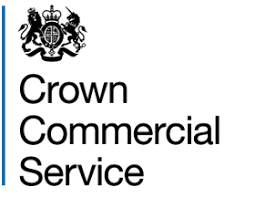|
| Naomi Clews, management consultant and owner of boutique procurement advisory firm Naomi Clews Consultancy Limited has 18 years public procurement process knowledge, experience and skills. Find out more here. |
Leave a Reply.
Naomi Clews Consultancy
Procurement, Tendering, Business Skills
Archives
December 2023
November 2023
October 2023
September 2023
August 2023
July 2023
June 2023
May 2023
April 2023
March 2023
February 2023
January 2023
November 2022
July 2022
June 2022
May 2022
April 2022
March 2022
June 2021
March 2021
April 2020
November 2019
October 2019
June 2019
April 2019
September 2018
March 2018
February 2018
Categories
All
2021
5 Rights
Acronyms
Anxiety
Burn Out
Business
Buying Power
Career
Communication Skills
Contract Finder
CONTRACT MANAGEMENT
Council
Data Protection
Debarment
Decision Making
Dog Friendly
E-procurement
ETHICS
Expert
Finance
Freelancer
FVRA
GDPR
International Recruitment
Leadership
Lichfield
Lichfield Business
Management
Mental Health
MODERN SLAVERY
Naomi Clews
Negotiation
Net Zero
NHS
NHS Procurement
NHS Recruitment
Organisational Skills
Personal Development
PESTLE
PPE
PPQ
Process Design
Procurement
Procurement Bill
Procurement Process
Procurement Training
Productivity
Public Procurement
Recession
RFI
RFP
SCM
Selection Questionnaire
SME
SME Procurement
SQ
SQ Tender
Staffordshire
STRATEGY
Stress
Supply Chain
Supply Chain Management
SWOT
Tech
Tender Debrief
Time Management
UK
Visit Lichfield
West Midlands
Work



 RSS Feed
RSS Feed
